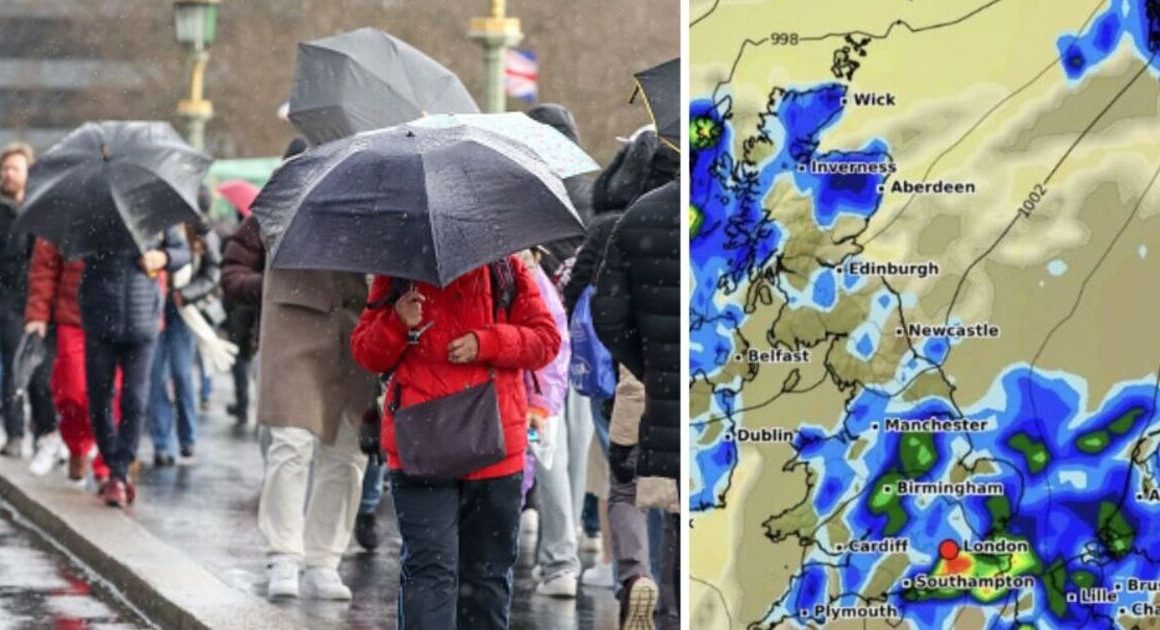An English town is an epicentre of worklessness, dooming young people to unemployment. Middlesbrough in the North East is one of the worst areas in the country for children growing up in workless households.
It has the highest proportion in the area, with one in seven children living in homes where nobody in their immediate family has a job.
The number of working-age adults who aren’t in work has jumped by over 800,000 to 9.3million since Covid, according to the Office for National Statistics (ONS).
Growing up in this kind of household means children are less likely to expect to work themselves, says Heather Insull, strategy manager at Focus Youth North East, which works with young people aged 10 to 18.
She estimates around 30pc of the children and teenagers she encounters come from workless households.
“Some of the kids have parents and grandparents who also haven’t worked for whatever reason,” Insull told the Telegraph. “For the child, it seems quite normal to them that their parents don’t work.
“Some young people when we talk to them, say, ‘well I’m just going to do what my mum does’. When you’re surrounded by that, you don’t know any different.”
Wayne Mason, the chief executive at the Linx Project, which runs youth clubs in Middlesbrough said that “multi-generational worklessness means those young people have nothing to aspire to”.
Across Britain, the number of young people not joining the workforce or seeking further education when they leave school is on the rise.
Twelve per cent of all 16 to 24-year-olds are NEETs (Not in Education, Employment or Training), according to the most recent data.
There are many organisations which have to go back to basics, helping young people find jobs, budget and go food shopping. A staff member at one said many of them “have no concept of money at all” due to them living in workless homes.
Some young people with special education needs are even discouraged from finding jobs by parents who rely on the money they receive in benefits. Others have limited interpersonal skills due to Covid leaving them isolated and fearful, causing them to avoid work.
In Middlesbrough, one of the only ways for young people to find work is to gain a higher education qualification, leaving those who don’t by the wayside.
Elliot Drury-Crockett has worked a series of short-term jobs, spent time unemployed and applied for many jobs with little luck since he was 17.
“The older generation thinks that we don’t want to work,” says Drury-Crockett, now 26. “But I see not only friends but family who want work so badly. I really tried everything; Indeed, Reed, Facebook.”












